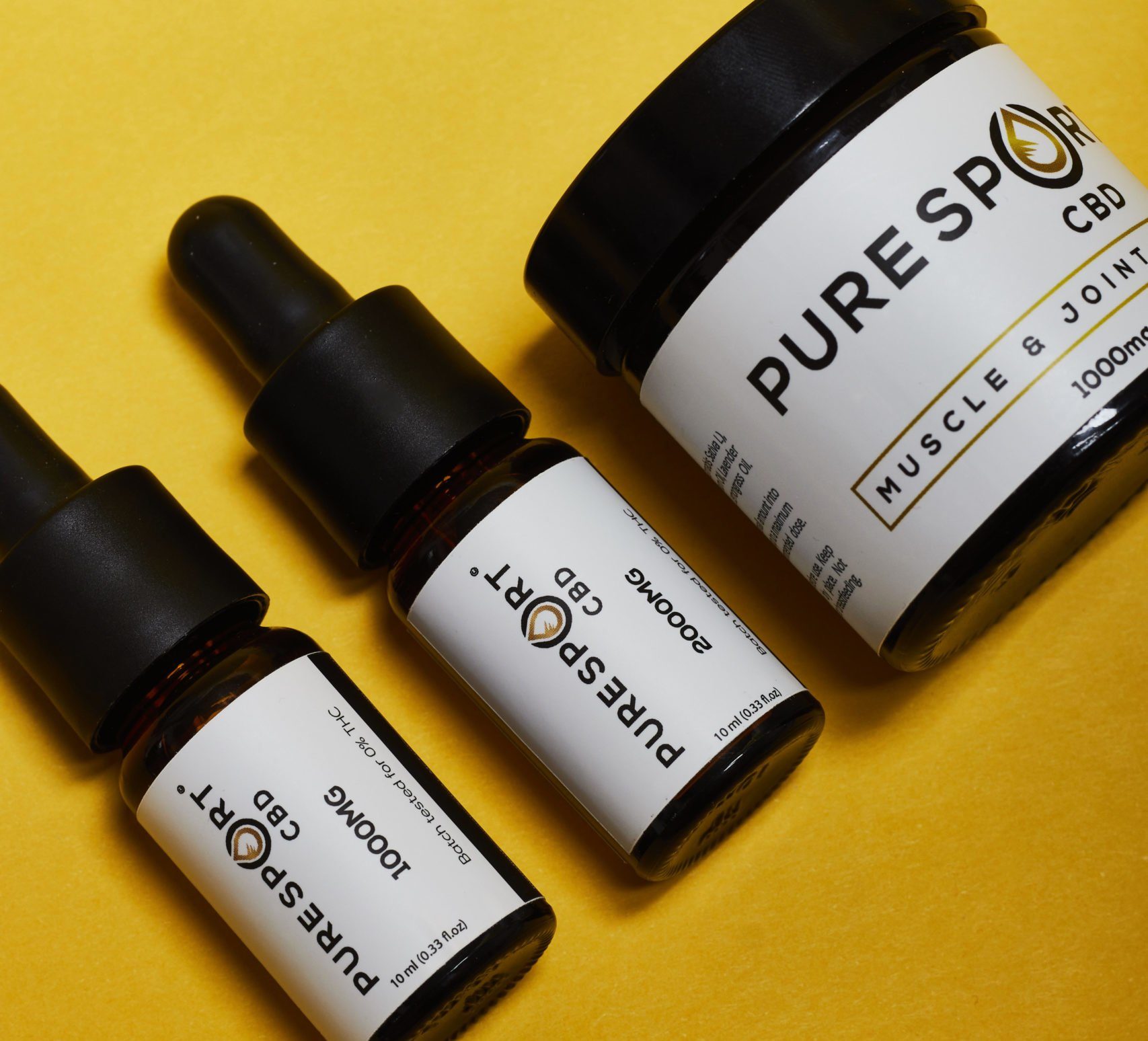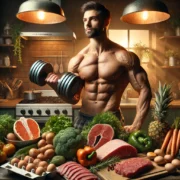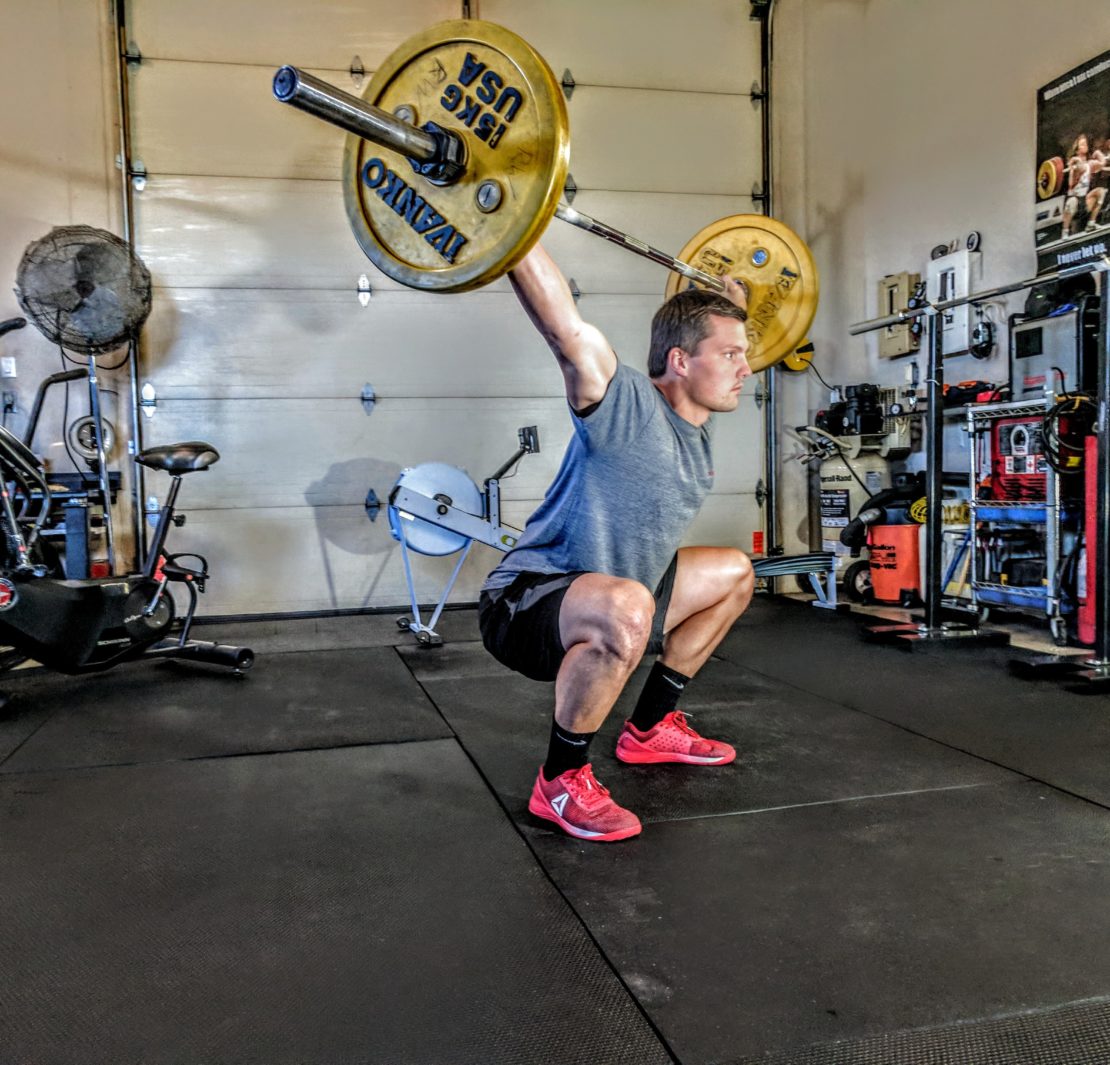Only with the Right Strategy
Can a weightlifter really build muscle without eating meat? Tricky question for most weightlifters, but there’s one simple answer!
You see, vegans are able to build up strength and muscle, just like meat-consumers. Such growth is possible because the proteins people need to grow and rebuild muscle fibers from certain plant alternatives instead of animal bodies.
There are numerous reasons why people decide to make the switch from eating meat to veganism or vegetarianism. This choice could be influenced by religious motives, nutritional concerns, animal welfare, or an individual preference. Whatever your reason for embracing this lifestyle, there’s no reason for you not to achieve your gains.
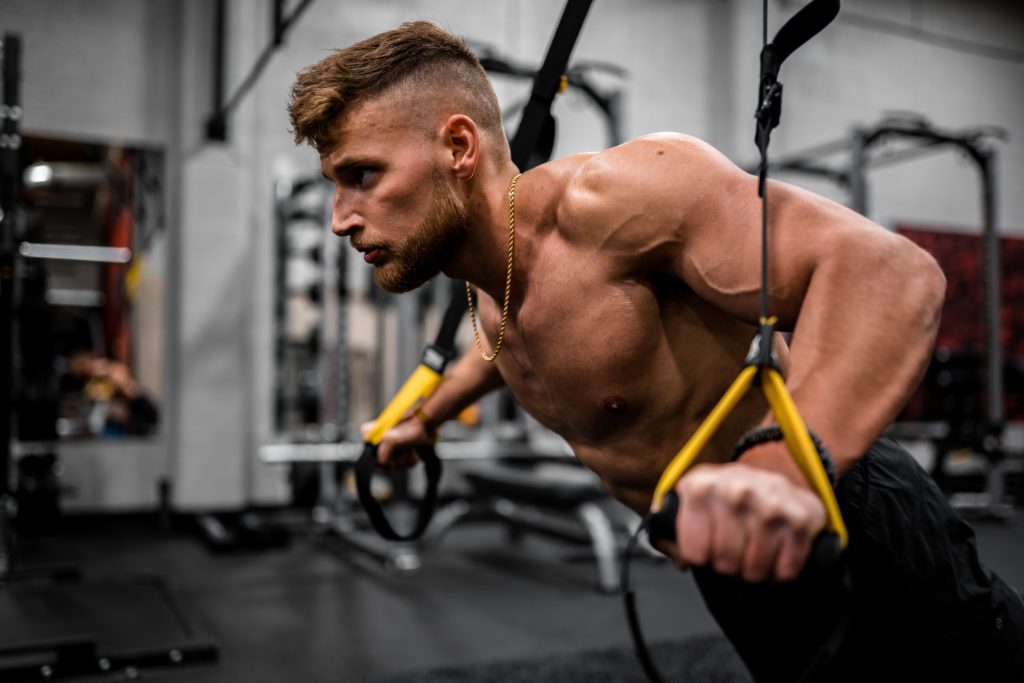
How to Build Muscle Without Eating Meat
Do your “Whey” research
As most of us know, human beings can’t be simply classified into meat-eaters and plant-consumers. There are a lot of grey areas. Vegetarians can be grouped as:
- Lacto-vegetarians – besides plant proteins, their only animal protein source is dairy
- Lacto-ovo vegetarians – besides plant proteins, they also consume dairy and eggs
- Vegans – they don’t consume animal products of any kind
Every category of vegetarianism has its set of challenges. However, the common need in all of these groups is getting sufficient protein intake. If this is amiss, there is a risk of achieving subpar results from your weightlifting sessions.
While off-limits to Vegans, Milk products such as Whey and Casein should be of interest. People, especially those in fitness, like and recommend whey protein because it is a complete protein. It has all the 9 essential amino acids in addition to having a low lactose content.
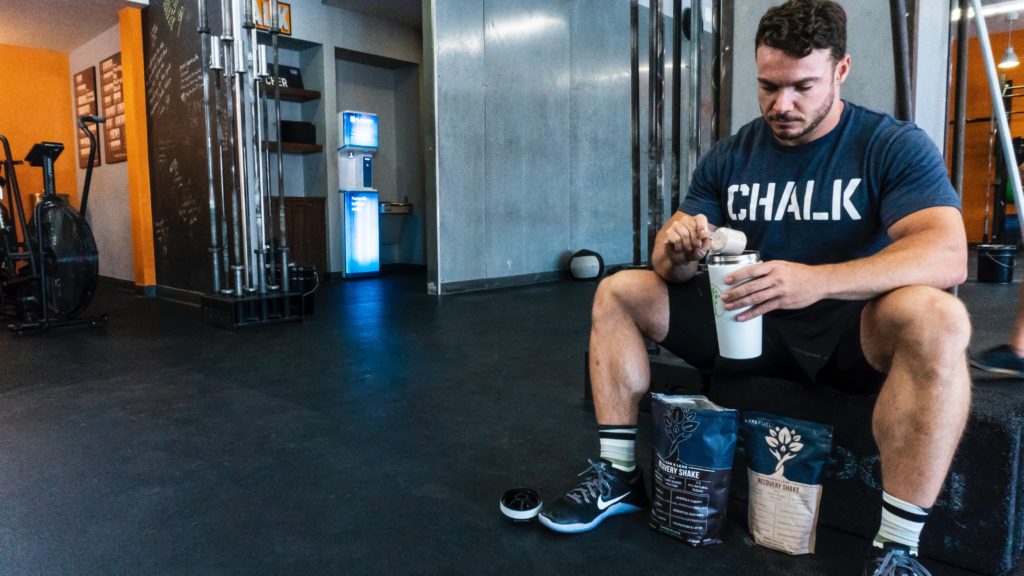
Watch your diet
The term ‘obesatarian‘ recently-coined by Men’s Health, refers to ‘vegetarians’ who eat sweets, fries and love a bowl of ramen noodles.
Well, eating calorie-rich foods, especially when you’re trying to build muscle, isn’t wrong. No one refutes this; what you need to do, however, is achieve a healthy balance in your diet. Include fruits and veggies in your diet to gain the most out of both worlds.
Some protein sources that mix well with vegetables include Seitan, Tofu, Tempeh, Soybeans, Legumes, Nuts, and Seeds. Every veggie dish eaten needs a good balance, with protein-laden and healthy fat foods. Have your vegetables and protein dishes with dense accompaniments like Potatoes, Brown Rice, and Qinoa.
Keep deficiencies away
If you’ve taken to Veganism or Vegetarianism for a while, you might have encountered people who warn you about the dangers of nutrient deficiency. While this is a legitimate concern, it is not an excuse to throw your diet plan out the window. You will need to understand how micronutrient deficiencies can affect your bodybuilding goals and overall well-being.
Below are four nutrients essential to your body:
- Iron
Iron can be broken down into two types: heme, and non-heme iron. Heme iron is easier to absorb into the body and is commonly sourced from red meat. The non-heme variety is found in plant-based foods such as:
- Dried fruit like Prunes, Raisins, and Blackcurrants
- Lentils and Beans
- Artichokes
- Dried Peas
- Leafy greens like Kale, Collard Greens, and Spinach
- Vitamin B12
A deficiency of this vitamin is a big area of concern for weight-lifting vegetarians and can quickly develop into a serious issue if it is not resolved as soon as possible. While there are vegetarian-based sources of Vitamin B12, they aren’t as easily absorbed into the body as is the casewith animal-based diets.
The best thing you can do to help out with this deficiency is to eat the most potent Vitamin B12 foods from plant sources. Some of which include; Soy, Almond, and Mushrooms. Furthermore, adding Vitamin B12 supplements to your diet will also boost your reserves.
- Zinc
This is one of the most neglected and yet one of the most important Minerals for Vegetarian weightlifters. Zinc is a trace element that’s responsible for proper body growth and development.
A deficiency of this nutrient can impact a lot of sectors of your health and well-being. It can affect your appetite, lead to reduced testosterone levels in men, and generally affect your motor and cognitive abilities.
While the best sources are from animal-based diets, Vegetarians can get some Zinc into their bodies from these sources, in addition to supplements. Notably, Zinc is a natural testosterone booster.
- Sesame seeds
- Fortified Cereals or Oatmeal
- Macadamia Nuts, Walnuts, or Almonds
- Pumpkin seeds
- Calcium
It is well-known for ensuring strong teeth and bones. However, did you know it also plays a vital role in muscle contractions? In the short-term, a diet lacking in calcium can lead to muscle cramping during your work-out sessions; this hinders your ability and lowers your performance. In the long-term, this deficiency can increase your risk of having osteoporosis.
Lacto-vegetarians don’t have difficulty acquiring this nutrient, as calcium is typically found in dairy. For vegans, this precious mineral can be gotten from:
- Kale
- Spinach
- Collard greens
- Almond
- Broccoli
You will need to look into each of these foods’ absorption rates to adequately cater to your nutritional needs. Consider taking calcium supplements.
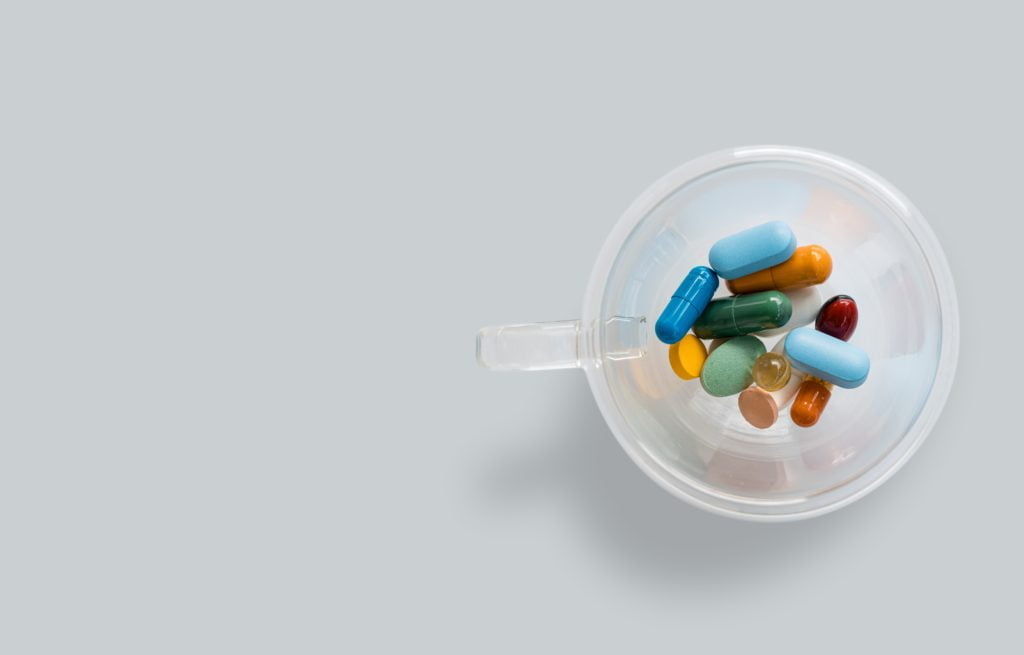
What are the Benefits of a Vegan or Vegetarian Diet?
Promotes healthy weight
You’ll hear a lot of people saying that if you start your bodybuilding adventure with some weight, you will need to shed some of that off to achieve your body goals. The vegan/vegetarian diet will help you with that.
Those following a plant-based lifestyle usually have their BMI (body mass index) lower than those taking a lot of meat or animal protein in their diets. The green-eating lifestyle helps with weight shedding and improves your insulin resistance more effectively than a typical western diet.
Reduce the risk of heart problems
Working out puts a lot of pressure on your heart and the circulatory system. And this is why, while exercise is good for everyone, doing it while still pumping saturated fats into cholesterol-laden blood vessels is probably not a good idea.
A vegan/vegetarian bodybuilding diet plan is rich in vegetables and fruits. These foods contain the dietary fiber you need, to lower your risk of suffering from heart diseases or strokes. Vegans also tend to have lower LDL (low-density lipoprotein) cholesterol levels and lower blood pressure.
Offers protection against certain cancers
Did you know that having a lower BMI reduces your risk of having certain cancer types? It’s true. And do you know what helps in steadily lowering your BMI? You guessed it, a vegan diet. In addition to this benefit, an increased intake of vegetables, fruits, and legumes, leads to higher phytonutrient, micronutrient, and fiber content in the body.
According to a study by Mark Messina, all these nutrients play their roles in ensuring your body remains cancer-free. It’d interest a lot of women to know that, when exercising your body, soy-intake is encouraged as it reduces the risk of suffering from breast cancer in the future.
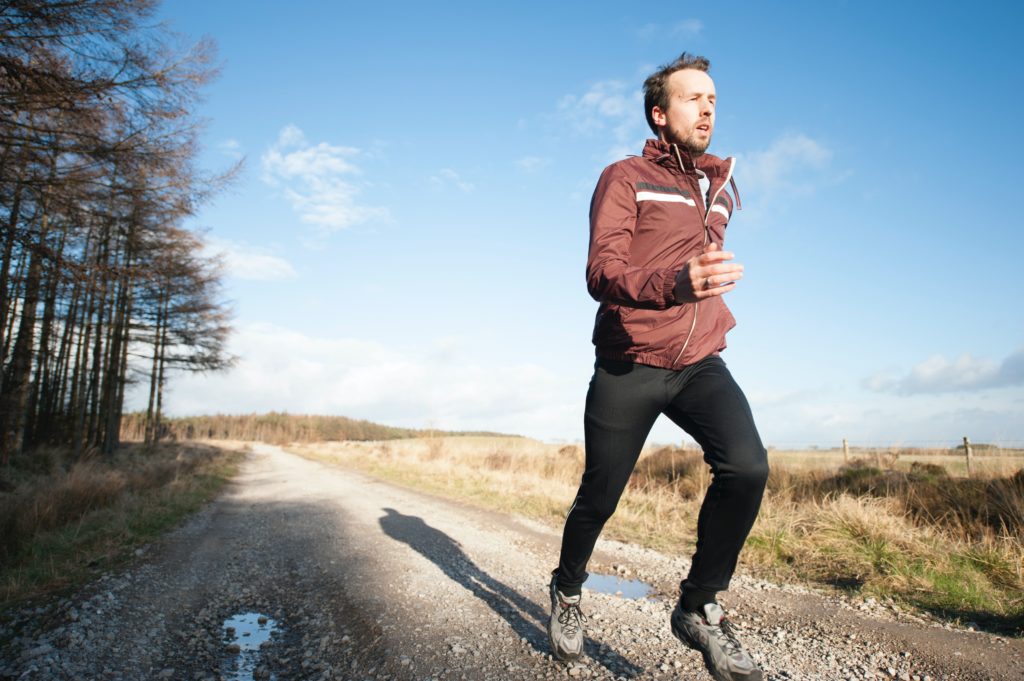
Let’s Look at a 3-Day Meal Plan for Vegetarian Weightlifters
This is not a universal food plan, as everyone has their individual calorie and macronutrient requirements. However, this sample meal plan will give you an idea of how you can tailor your diet to suit your bodybuilding goals.
We’ll have 4 meals to assess; these are breakfast, lunch, supper, and a snack.
Day 1
Breakfast: Try a chocolate-peanut-butter smoothie bowl. It’s made from almond milk, vegan protein powder, cocoa powder, peanut butter, and bananas
Lunch: Accompany whole-grain vegan pasta with quinoa ‘meat’ balls and black beans
Snack: You won’t go wrong with a red pepper flake and roasted chickpeas combo
Supper: Have vegan chili. You can incorporate red lentils, tomatoes, kidney beans, and tofu mix in your meal
Day 2
Breakfast: Everyone loves burritos. Why not add vegetables and scrambled tofu onto a vegan tortilla?
Lunch: Replenish your spent energy levels with a lentil loaf. It is made from nutritional yeast, veggies, kidney beans, and of course, lentils
Snack: Sweet potato fries and a black-bean veggie burger. Yum.
Supper: You can go a little light here with oatmeal and peanut butter snack bars
Day 3
Breakfast: Like the previous two days, a rich breakfast makes for an active day. On day 3 you could begin your day with protein oatmeal. This is an ultimate mix of nut butter, banana, soy milk, oats, and vegan protein powder
Lunch: Try tofu stir-fry. It is made with vegan pasta, red lentils, beans, onions, celery, spinach, and extra firm tofu
Snack: How about a strawberry-banana protein shake?
Supper: Make or buy yourself teriyaki tempeh that contains quinoa and broccoli
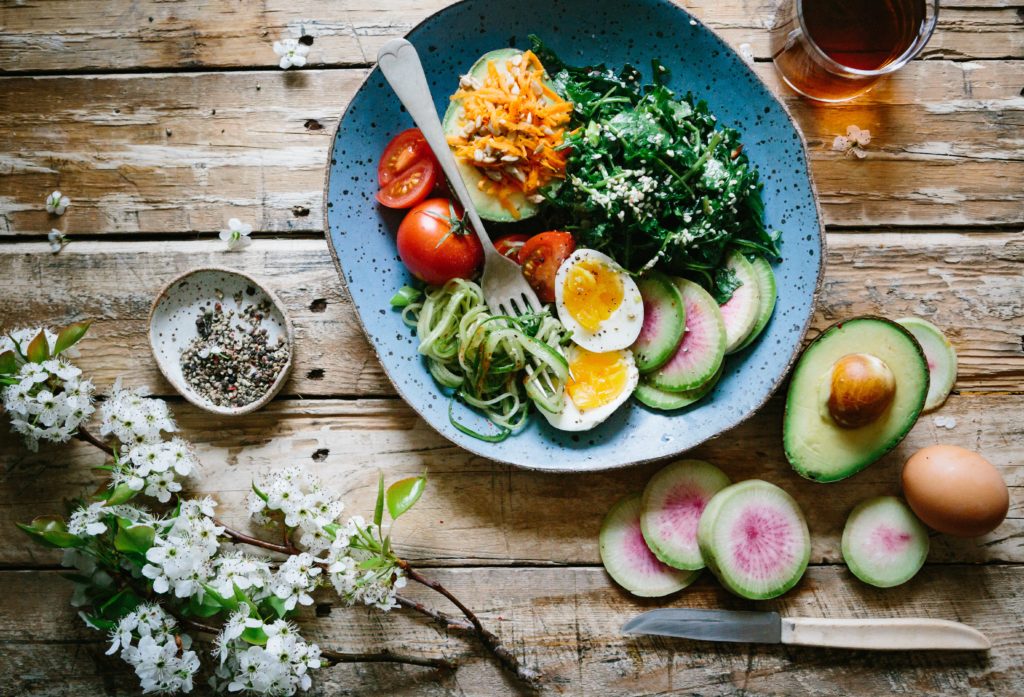
Conclusion
No matter what anyone says, the vegetarian lifestyle isn’t synonymous with weakness. Meeting your vitamin and mineral requirements will have you feeling healthy, eating sufficient carbs will give you the energy to lift those weights, and the proteins will help you build bigger and leaner muscles. Prove the meatatarians wrong and build your strength the healthy way.
